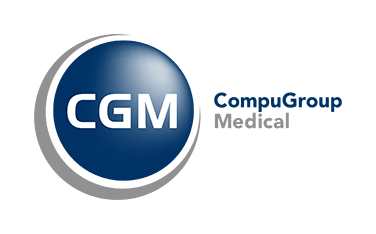As the demand for telehealth increased, so did the unremitted need to adjust and improve our solution to healthcare providers. Virtual consultations provide healthcare providers with an alternate method of diagnosing and treating patients. By switching to virtual consultations, health care providers and patients benefit from accessibility improvements, fewer cancellations, and faster appointments.
Choosing the right telehealth solution is key to ensuring loyalty to and from your patients, as well as efficient practice operations. Your telehealth solution should provide a secure, easily accessible space for you to host your remote consultations.
Telehealth features you should pay attention to:
Security
Data security has become a significant theme within healthcare with a focus on the implementation of the POPIA in South Africa. It is necessary to pay extra attention to data encryption and compliance within your digital solution to secure the confidentiality and safety of your patient's data.
Appointment scheduling
Do your best not to miss an appointment! Every video consultation should have an integrated calendar to schedule appointments, as well as send reminder notifications to a patient to ensure they do not miss an appointment. It should be quick and easy to use, for you and your practice administrator.
The virtual waiting room and video calls
The virtual waiting room is a simple web page where patients can wait for their digital appointment to begin. Patients can see if you are online, busy in another consultation or if other patients are waiting. You, as a provider, can see who is waiting in your digital waiting room and your practice administrator can also access the waiting room to inform your patient of possible delays or to discuss administrative aspects of the appointment.
Your software should allow high-quality video streaming, screen sharing, exchanging of documents and an audio-only option for patients with low bandwidth and patients in lower-income groups.
Clinical notes
Clinical notes are essential during every consultation. These notes need to be stored securely and should be kept for at least six years after they become dormant. At the same time, it should be easy to attach documents and access records from within your Telehealth solution at any time. These notes should be accessible to your colleagues. It will be advantageous if you can manage a single patient health record remotely and securely.
e-Scripting
Your solution should allow you to create and sign digital prescriptions, quickly and easily in a secure environment. You should be able to search for and compare generic medication and medical aid approved drugs.
Web-based
Finally, your product of choice should be web-based which means it can be accessed from any device, from any location with a data connection.
What happens next?
Many healthcare services can be delivered in person now that we have begun to normalise during Lockdown Level 1. Finding a balance between face-to-face and telehealth consultation is imperative and will prepare us for a soon-to-come second wave.
